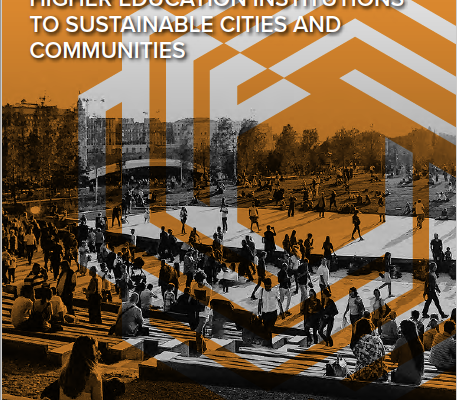New insights into national strategies to enhance internationalization in higher education

Internationalization enriches academic environments by fostering cross-border collaborations, promoting intercultural dialogue, and facilitating global research initiatives. Countries can enhance internationalization through various means, such as incorporating intercultural dimensions into curricula, supporting student exchange programs, and driving international research cooperation. These efforts not only improve the quality of higher education but also equip students and researchers with global competencies eventually increasing the impact of higher education systems.
Regional trends in internationalization agenda
Looking at the latest data from the HE Policy Observatory, among the 130 countries that adopted plans to steer their national higher education systems, 63% have set objectives for internationalization in either teaching or research. The study also reveals some regional variations: while nearly 90% of countries with a national plan for higher education in Central Asia aim to enhance internationalization, this is an aim for only approximately 50% of countries in Sub-Saharan Africa and the Arab States. Overall, objectives for increased internationalization tends to focus more on teaching than on research, with many countries prioritizing initiatives that promote student exchange and global learning opportunities.

Implications for policymakers and future research
Although internationalization is widely embraced, nearly 40% of higher education systems still do not set formal objectives for it in their national plans. Policymakers could embed internationalization further, especially by integrating both teaching and research into their strategies. The Policy Insight emphasizes the importance of global partnerships and highlights the potential for more South-South collaborations, which could enable countries to strengthen local research capacities while reducing dependency on wealthier partners. Further comparative research into the specific impacts of internationalization objectives across different regions could offer valuable guidance for the future of higher education worldwide.
Dive into UNESCO IESALC’s Policy Insight 16 to gain a deeper understanding of countries’ objectives for the internationalization of higher education globally:
RELATED ITEMS








